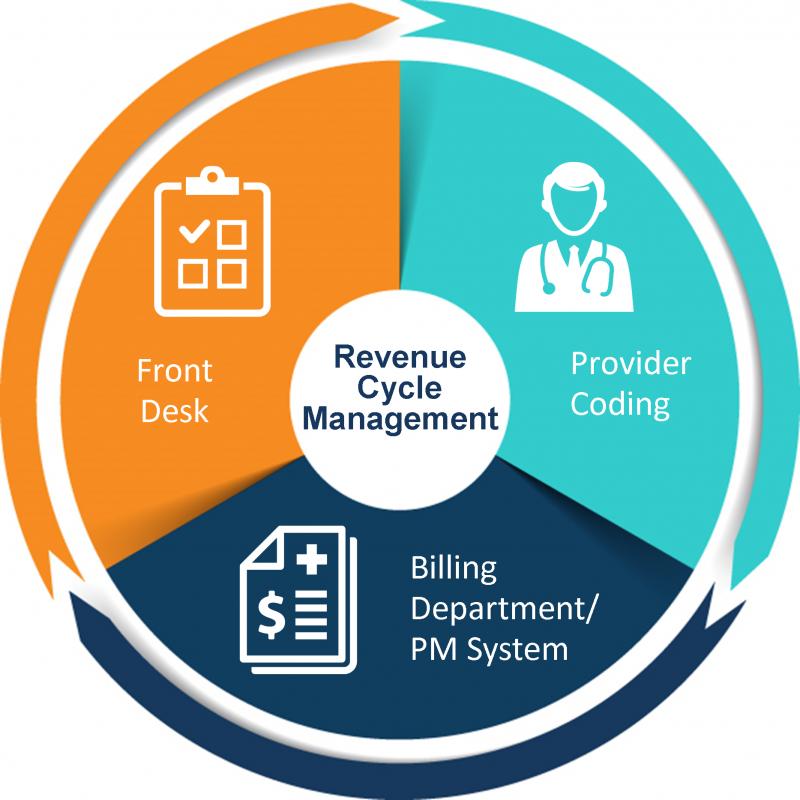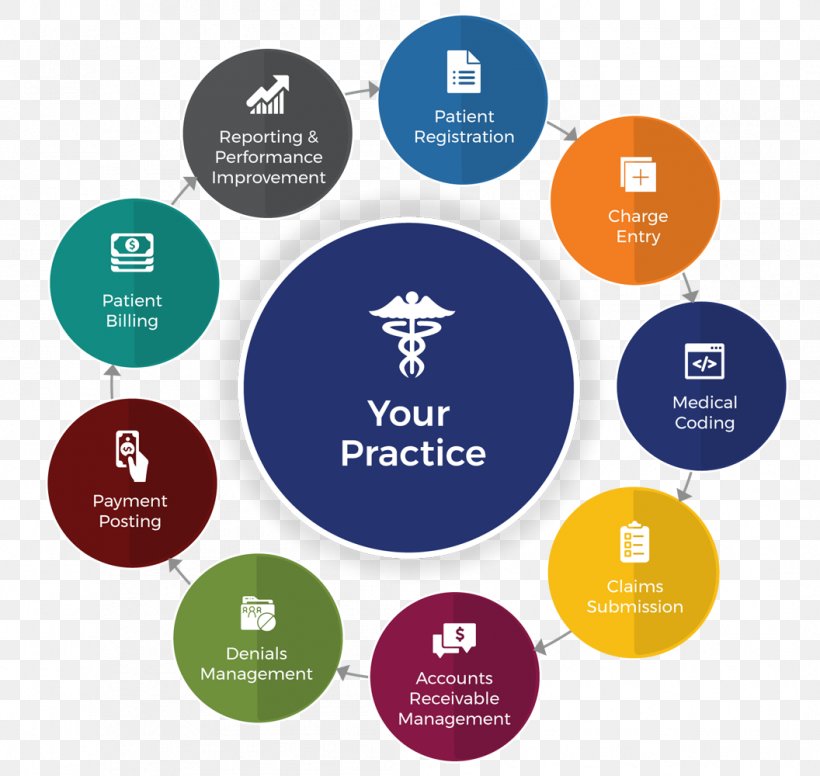[dropcap]T[/dropcap]he main concern in healthcare is offering the best to their patients. To achieve such goals there, the provider’s system business section must be solid. Therefore, there is a relentless focus on the revenue cycle. This has to be the case from the beginning to the end. The Healthcare Revenue Cycle involves generating revenue from the services given to the patients.
Review of the Healthcare Revenue Cycle
The revenue cycle begins immediately when patients book an appointment with a healthcare facility. After that, a healthcare provider gathers insurance information from the patient. They contact the insurance company to confirm the benefits. If the patient has no health insurance coverage, they can pay for the service in cash. The private health insurance sector handles about $900 billion annually in medical billings. For healthcare providers to have a steady revenue stream, there must be accurate processing and on-time payment receipts.
The monetary success of the healthcare sector largely depends on excellent revenue cycle management. Also, insurance billing solutions matter too. As a result, healthcare organizations should seek intervention with someone who can shed light on the revenue cycle. For instance, GeBBS Healthcare Solutions, Inc. is a team of experts who offer brilliant revenue cycle management. They use up to date approaches to enhance the success of your healthcare organization.

What is the Importance of Revenue Cycle Management?
Once you involve the experts in your healthcare revenue management cycle, you will be entitled to multiple benefits. First, the key goal is always to increase revenue. To achieve that, the experts will have to identify friction points and resolve them.
Problems that affect the healthcare revenue cycle include waste, abuse, and fraud. Unfortunately, most healthcare providers direct all their attention to serving the customer. Hence, they give a blind eye to the revenue and finances. Ignoring the revenue cycle may result in the closure of healthcare organizations. This does not have to be the case. The revenue cycle management can take care of that.
Basically, a weak RCM process affects other medical activities. Besides, the technology has ushered new changes in different sectors including the healthcare industry. It has led to a drastic U-turn to medical billing. The improvement triggered by the latest technology is exciting, but it has come with worrying monetary security issues.

Healthcare revenue cycle management also covers medical records. This process pays attention to how the records are stored and accessed for accurate billing. Health information management is vital. This is because information plays a key role when processing financial data. If you decide to do this by yourself, your attention is diverted from patient care. Note: quality healthcare revenue cycle management involves PHI security plus patient financial data.
The RCM process is important in every healthcare organization. This is because the experts can evaluate it to come up with a safer automated procedure. This will help you get more time to care for your patients without worrying about a deteriorating healthcare revenue cycle.
That said, with a functional healthcare revenue cycle, your organization will grow drastically. You are just one step away. All you have to do is contact the GeBBS Healthcare Solutions, Inc. team and let them take care of the complex task, revenue cycle management. That way, you can give your patients all the attention they need.







